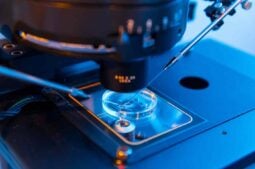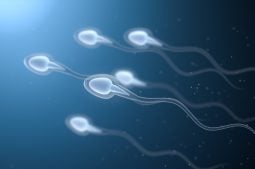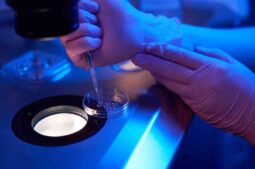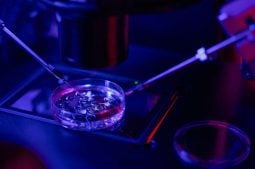
26 December 2025
A Groundbreaking Model Enables the Study of Human Embryo Implantation in the Lab up to Day 14
Researchers from IIS La Fe, the IVI Foundation, Stanford University, and the Babraham Institute have developed the first in vitro model that closely replicates the human endometrium This system allows researchers to simulate human embryo implantation up to day 14 of development—the legal limit for study This scientific breakthrough opens the door to better understanding… View Article








